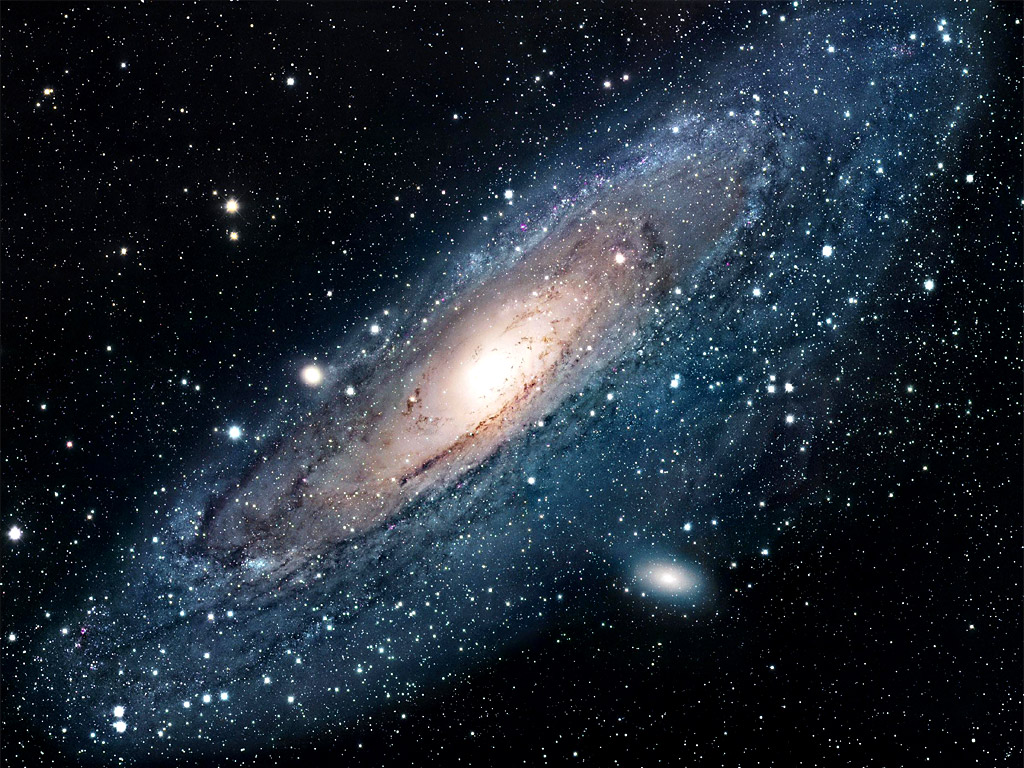
There were a lot of ironic things about Christopher Hitchens. He's named after a person he detested so much. He left Christianity and became an atheist, while his brother Peter Hitchens left atheism and became a Christian. Most ironically perhaps, he argued that God cannot exist in a world of pain, suffering, and death, only to be diagnosed with esophageal cancer in 2010. He was a British journalist and avid critic. Known for his sharp wit, intellect, humor, and bad-boyish demeanor, Hitchens was "the man" in the secular world. His biggest flaw and most devastating problem was that he denied and detested the Gospel of Christianity. Let's just face it, he ridiculed God. Even in death he seemed militant against any notion of salvation. In regards to a possible death bed conversion, he said "I would say it fractionally increases my contempt for the false consolation element of religion and my dislike for the dictatorial and totalitarian part of it". More recently in a letter to the American Atheist Convention he said, “redemption and supernatural deliverance appears even more hollow and artificial to me than it did before.” We have no reason to think his attitude changed before his last breathe.

I'll first say in one sense I liked the guy, but not for his beliefs. The man was a wordsmith. Indeed it was not his intellect that attracted his popularity, but his rhetoric and personality. His deep British voice mixed with modernism, a sharp tongue, and incredible wit made him famous. On top of that the man had guts. He was one of the loudest voices for atheism and was infamously known as one of the four horsemen of the “new atheists.” But he was different from the other new atheists. Richard Dawkins would publish a book and promote it by holding conferences with other atheists. Christopher Hitchens would publish a book, and then sit in front of three of the world’s leading apologists and just duke it out. He co-wrote a book with Douglas Wilson called “Is Christianity good for the world?” and then went on a national tour with him debating the topic. He debated Dinesh D'Souza just about every other day, and when everyone was calling Richards Dawkins chicken for not debating William Lane Craig, Christopher Hitchens met him on his own campus. In other words, Christopher Hitchens was a punk who wasn’t afraid of anyone. He ridiculed God’s existence more than argued against it, but at least he was willing to argue, and with anyone, anywhere. He was so good at what he did that even many Christians think of him as an amazing rhetorician (if that word even exists).
This lead me to my main point, everyone in the Christian blogosphere is lamenting the death of Christopher Hitchens. By far most of the Christians who have written on this express how great of a man he was and how much he contributed to the world of Christian dialog, and how he's such an all around good guy. I'm not saying we should throw a party, but he was one of the foremost enemies of mainstream Christianity. It's interesting how many people want to celebrate his academic career and speculate at the possibility that he's in heaven from a secret bed conversion.
 |
Hitchens was ruthless against religiosity. He once called
Mother Teresa "A thieving, fanatical Albanian dwarf." |
|
First of all, he wasn't an academic, he was a popular writer and critic. Second of all, if he was alive today he would laugh at people for thinking that he made a last minute conversion. Third, come on, the guy was rude. There's a rumor going around on the internet that what Hitchens really died from was buying a piece of toast with an impression of the virgin Mary and eating it just to shut up all the religious fanatics, and then contracting a disease from all the accumulated bacteria on the toast which had been touched by the hands of thousands of people. Now, that's a work of satire, but if anyone ever did that, it would have been Christopher Hitchens. Fourth, the guy heard the gospel, could articulate it better then most Christians, and scorned God because of it. Romans 1:21 says, "For even though they knew God, they did not honor Him as God or give thanks, but they became futile in their speculations, and their foolish heart was darkened." The rest of the chapter goes on the describe this chain reaction - man rejects God, God gives man up, man rejects God, God gives man up... all the while man acting against what he knows to be true. One person said it was sad that we didn't reach Hitchens in time, but in one sense we did - we got the gospel to him. He knew the gospel better than most Christians, and the gospel was re-articulated again and again to him. He decided to ridicule that gospel and God Himself. It's a sad thing that he decided to commit his life to making fun of Jesus and Christianity, but it's not because we didn't reach him in time. His blood is on his own hands.
With that said, I will say that part of me liked him and will miss the guy, but mostly because apologists have lost a famous sparing partner. But let's not forget what his death should remind us of. "For the wages of sin is death, but the free gift of God is eternal life in Christ Jesus our Lord."- Romans 6:23. Ever since the fall of Adam and Eve, death has been present to remind us of the consequence of sin. We can hate the idea as much as we want, but not even Christopher Hitchens can escape that reminder.
I was kind of refreshed by a blogger named Glenn Peoples. He did a blog on Hitchens called "Being Dead Does Not Make Him Any More Noble", check him out
http://www.beretta-online.com/wordpress/2011/hitch-being-dead-does-not-make-him-any-more-noble/






